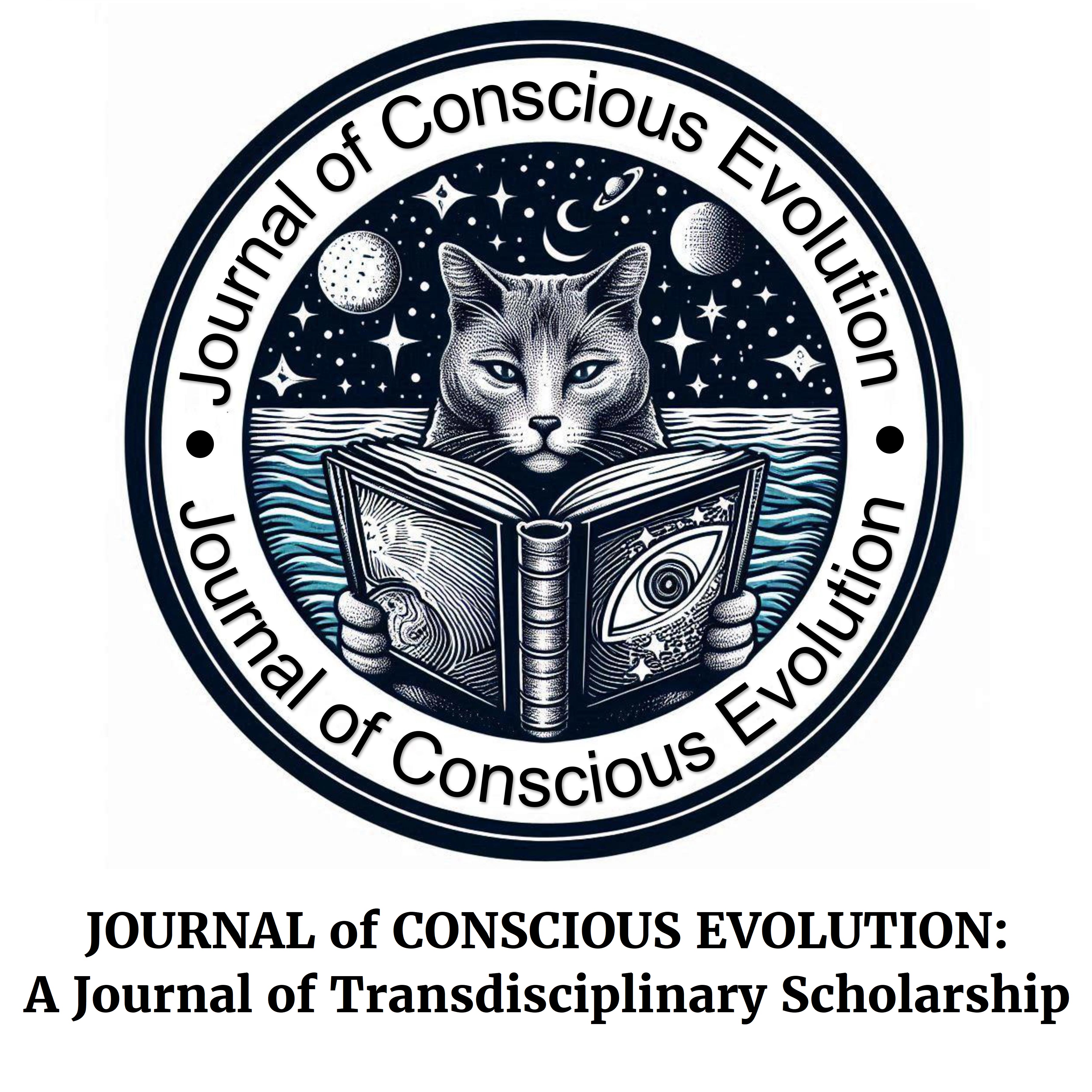
Abstract
This paper is an exploration of the problematic nature of the guru/disciple relationship, specifically, in Western Society. It begins with a discussion of the nature of spirituality and the spiritual quest. To contextualize the process, I also discuss my own spiritual path based in Roman Catholicism, Taoism, Buddhism and my thoughts on the philosophy of Krishnamurti. I explore the topic of the authoritarian follower in some depth. Its connection is symbiotic to the existence of the authoritarian leader. This connection is demonstrated within this paper as well. Additionally, I look at the flaws in some well-known guru figures and how that has led to an erosion of confidence in the idea of the guru in the Western World. Additionally, more subtle forms of authoritarianism are explored; politically, in the world of television news, entertainment and, even, sports. Finally, I explore Krishnamurti’s ideas of creative thinking and how it opposes the static nature of the guru. I ask the question: might Krishnamurti be considered a guru, though he rejects gurus? Ultimately, I conclude with the idea that while the guru/disciple relationship may be healthy and beneficial for some people I have found it more beneficial, based on my own experience, to develop without one.
Recommended Citation
McAuley, Charles E.. (2016). Be Your Own Guru: Authoritarianism and the Problem of the Guru in Conscious Evolution. Journal of Conscious Evolution, 12(12). https://digitalcommons.ciis.edu/cejournal/vol12/iss12/5
Included in
Clinical Psychology Commons, Cognition and Perception Commons, Cognitive Psychology Commons, Critical and Cultural Studies Commons, Family, Life Course, and Society Commons, Gender, Race, Sexuality, and Ethnicity in Communication Commons, Liberal Studies Commons, Social and Cultural Anthropology Commons, Social and Philosophical Foundations of Education Commons, Social Psychology Commons, Sociology of Culture Commons, Sociology of Religion Commons, Transpersonal Psychology Commons


